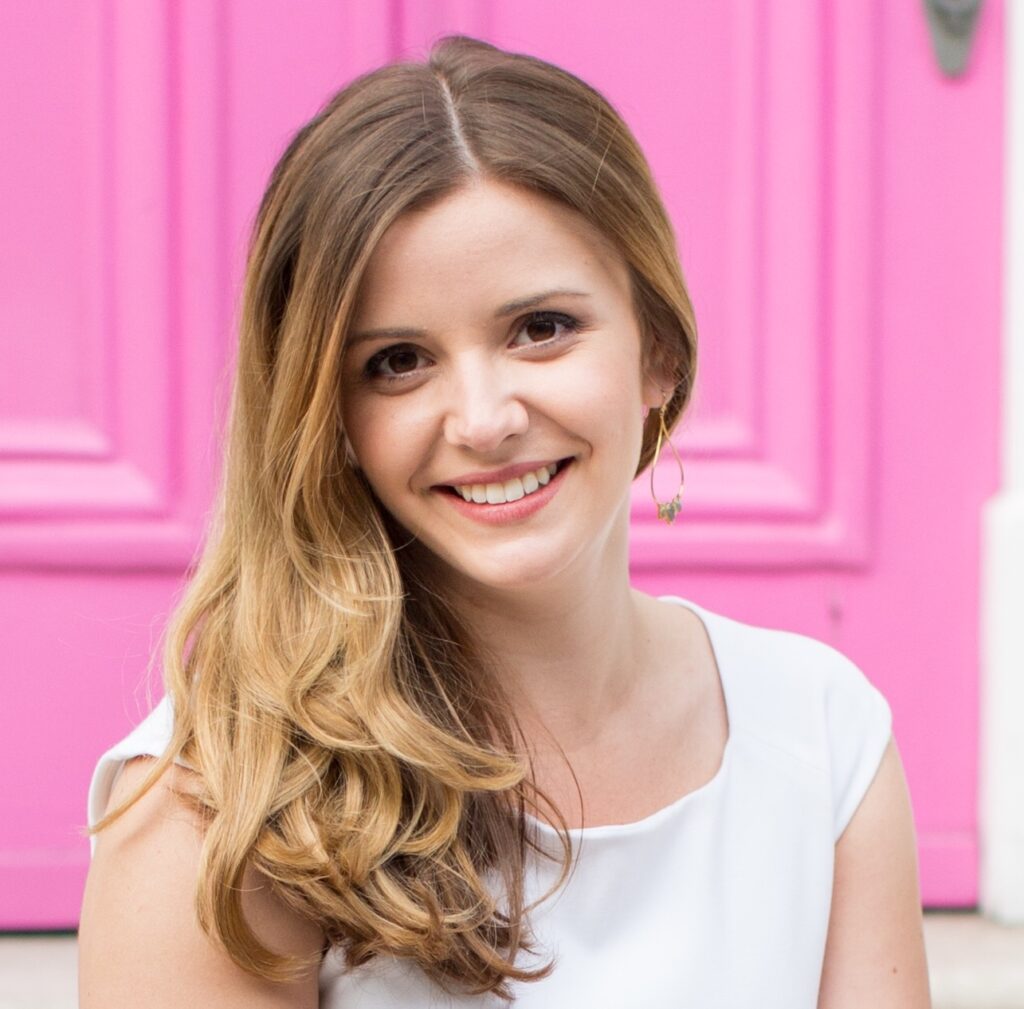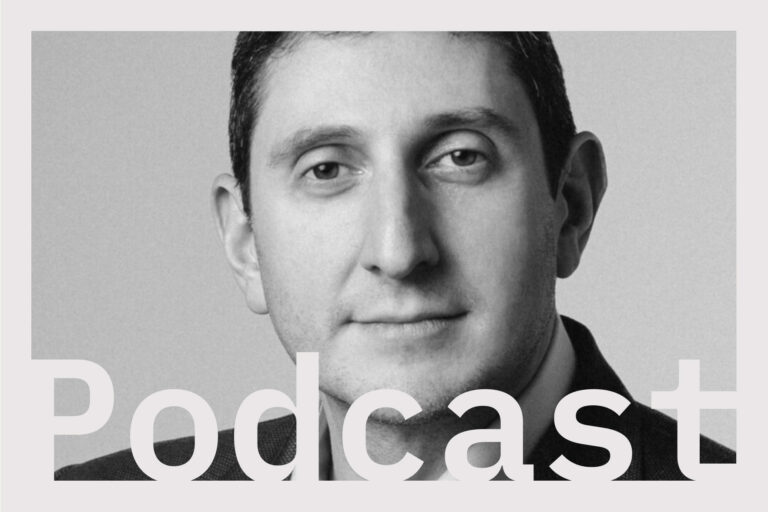
A global study published by the Boston Consulting Group (BCG) in 2018 found that companies with diverse leadership had 19 percent higher revenues. Diversity’s positive impact increased in companies with a high emphasis on digital innovation.
Despite this, technology companies are among the worst offenders when it comes to diversity. The toxic epidemic of ‘bro culture’ in Silicon Valley brought major financial and reputational damage to companies like Uber and WeWork. Why? Cultural homogeneity leads to groupthink, and groupthink leads to blind spots.
Introducing diversity doesn’t happen overnight. The inherent bias in our culture that maths, science and engineering are ‘boy things’ continues through to higher education and, later, career choices. According to a UNESCO report called ‘Cracking the code: Girls’ and women’s education in STEM’, women make up only 35% of STEM students in higher education globally.
To outsiders, the system feels unbalanced because the favoured groups have formal and informal mentoring systems that perpetuate this bias all the way up the chain of command. When I joined ThoughtSpot just over a year ago, I was determined to help my new employer tackle its own challenges in this area.
LEADING BY EXAMPLE

It was clear from day one that our CEO shared similar concerns about diversity and was publicly committed to solving them. One of the most impactful changes we’ve made this past year was appointing several prominent female executives.
Cindi Howson, our Chief Data Strategy Officer, was a renowned Gartner analyst who devised a scorecard for evaluating BI and analytics software that became an industry standard. Marta Paul, our VP of Global People Operations, brought experience from high growth tech startups like Zoom to massive global enterprises like Cisco. Monica McEwen now leads our Public Sector team, a role she has held at other analytics companies like Qlik. These women aren’t just role models for other women, they inspire everyone we employ.
QUOTAS MISS THE POINT
Unfortunately too many companies view appointing women and minority groups into leadership roles as an exercise in meeting quotas. This is completely missing the point. Achieving diversity, allows the best and the brightest, regardless of their identities, to be valued contributors. This creates a virtuous circle, encouraging companies to be their best: offering equal pay for equal work, integrated, collaborative planning, and open, empathic communication.
These practices don’t just promote diversity and higher profits. They contribute to better organisations overall – for employees, customers and society at large.
A GROUNDSWELL OF EMPOWERMENT
Although diversity efforts must be led from the top, they also require creativity and impetus at the grassroots level. For example, our company now runs a women’s group that’s spreading globally. In these, knowledge is cross-pollinated across business areas like finance, engineering, project management, sales and marketing. This allows members to learn from different teams, departments, and regions so they can do their best work and contribute to the success of ThoughtSpot.
But the benefits aren’t just at the corporate level. These groups are opening women’s eyes to potential career paths that they may not have considered before, and more so with role models and mentors who resemble them and understand their challenges and points of view. I’m pleased that men are increasingly attending these meetings to gain insights into some of the existing challenges and perspectives and to learn what they can do to promote diversity.
It’s possible that our efforts to promote diversity are making us a better, higher performing company. We just announced our best year ever with 108% revenue growth and major global expansion. In terms of diversity, we’re meeting the industry benchmark of 18% but we acknowledge there’s still a long road ahead. As our co-founder Ajeet Singh is fond of saying ‘we’re only 2% done’ – and this holds true for our diversity efforts. I’m looking forward to seeing more women and minority groups represented in a wider range of roles, especially the technical ones. But with committed leadership and a strong grassroots movement, I believe we’re heading in the right direction.

Gabi Sicher
Engagement Manager, ThoughtSpot


